A year in
investigative journalism
Highlights from the Bureau's work in 2016
31 December 2016
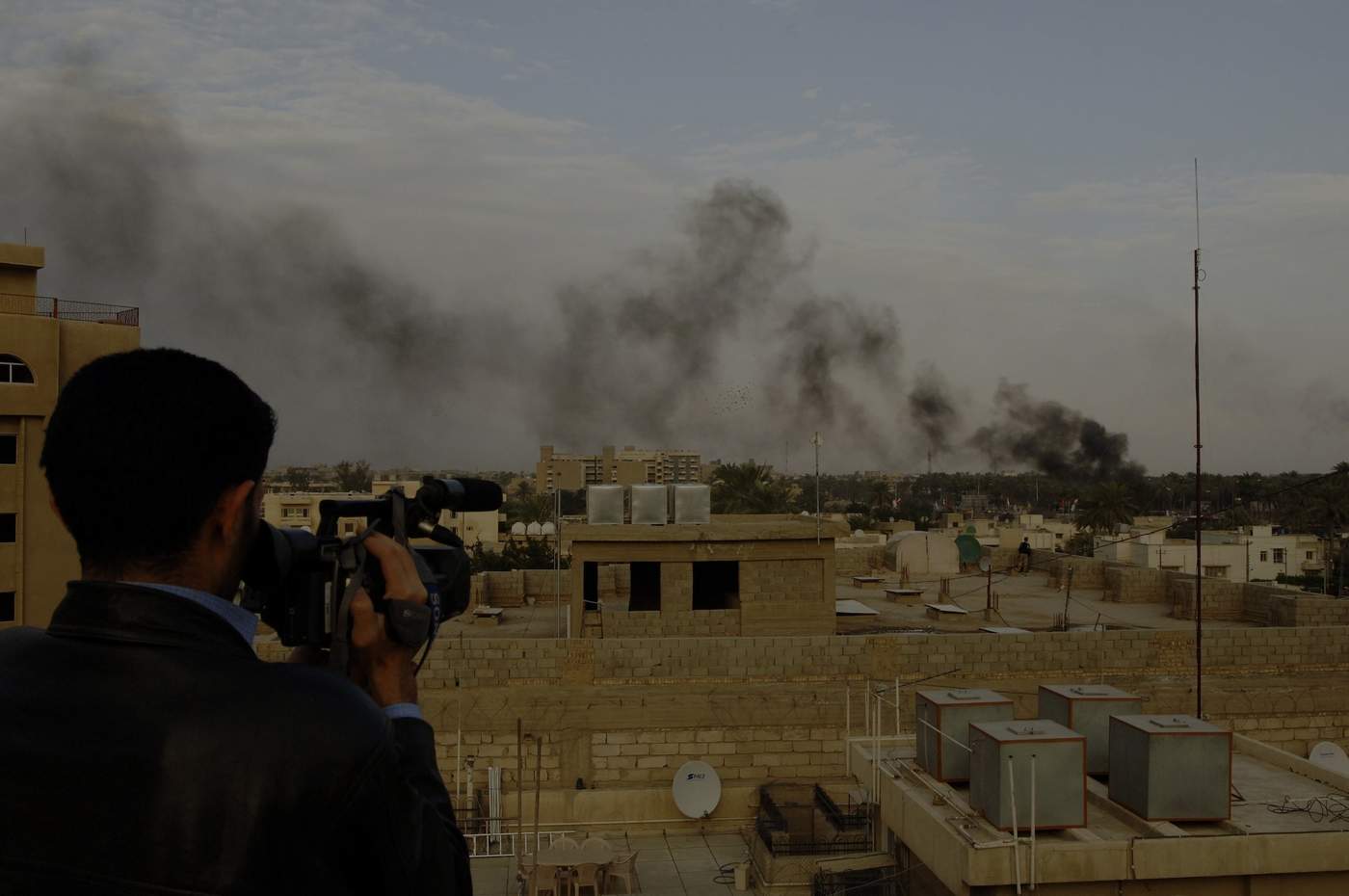
In January we launched a new longterm project investigating antibiotic resistance, a major global public health crisis. Our first story revealed that use of a critically important antibiotic was soaring in the UK poultry industry – a drug that is so important to human health that its use in agriculture has been banned in the US and two European countries. The investigation led the poultry industry to publish more figures relating to its use of antibiotics.
Another 16 stories throughout the year continued our reporting on the overuse and misuse of antibiotics in farming, as well as looking at the rise of superbugs affecting humans, the pharmaceutical pollution which helps drive resistance, and the spread of MRSA from Danish pig farms to the UK, among other issues. We recently revealed how government statistics on superbugs death in the UK are simply made up.
Chicks at Nick’s Organic Farm in the US state of Maryland via US Department of Agriculture/Flickr
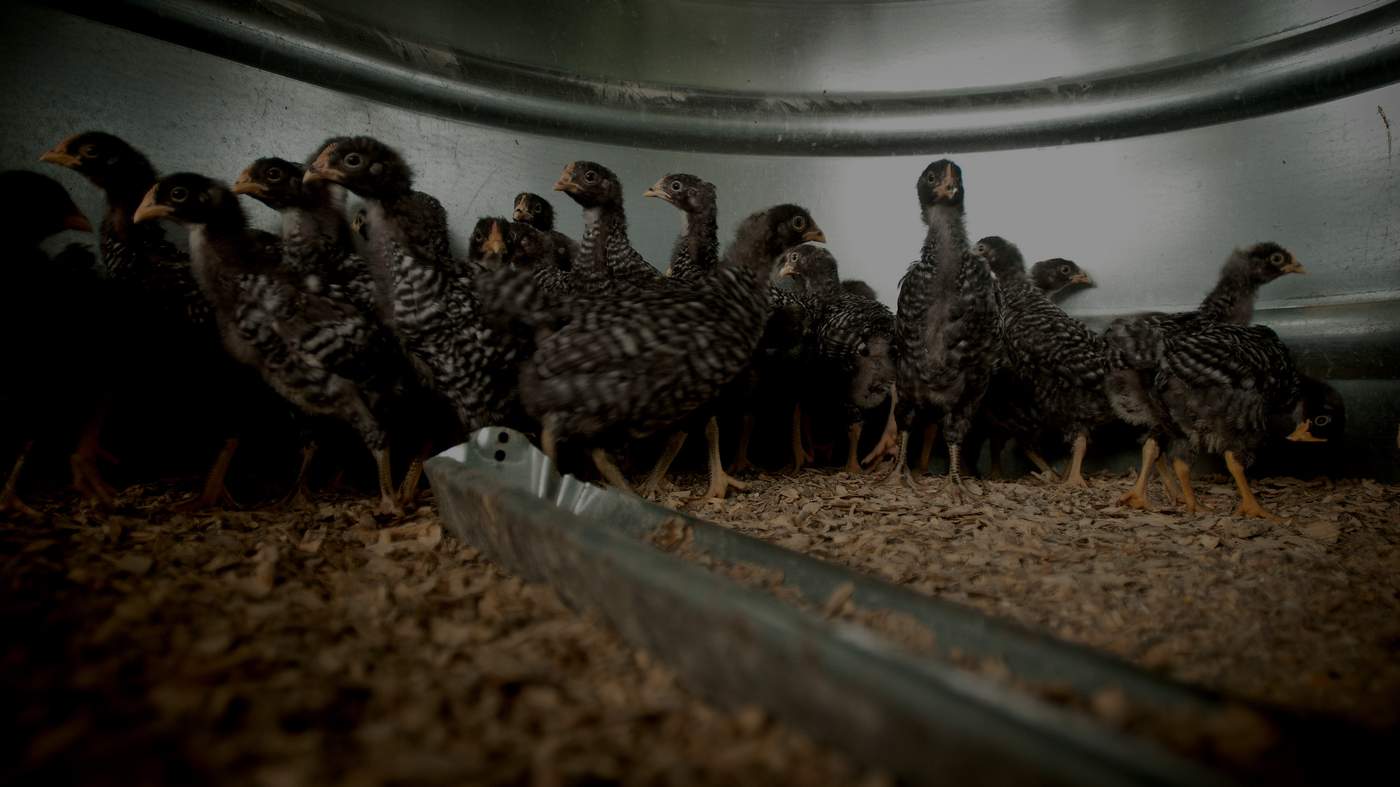
The forensic examination of the strike was part of a wider investigation from our covert drone war team that revealed a shocking jump in the number of civilians killed in counter-terrorism airstrikes along the Afghan-Pakistan border. Amnesty International used our evidence in a letter to the US Department of Defense expressing its concern about the increase in civilian deaths.
Aerial view of Khost provice via U.S. Army/Staff Sgt. Andrew Smith/Flickr
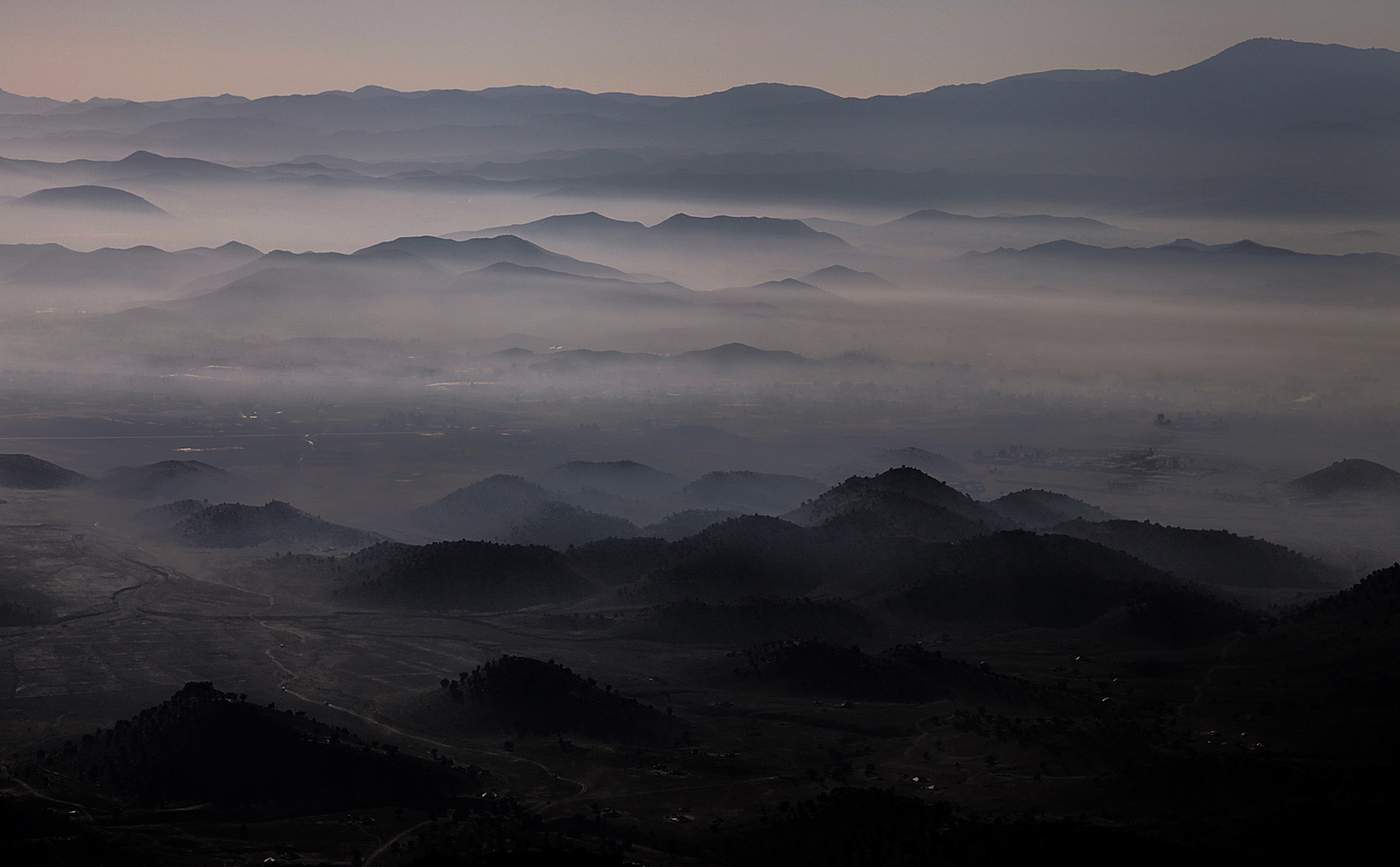
In April we concluded a year-long piece of work focused on unaccompanied minors seeking asylum in Europe. Our investigation revealed nearly 100,000 children had sought asylum in European member states in 2015 - a number four times higher than previous estimates. Our story was the first in-depth reporting on this issue, which became a major point of debate as the migration crisis deepened.
This revelation came on the back of an embarrassing apology by the UK immigration minister following another story in which we revealed that more than 2,000 young Afghans who arrived as children in the UK at the height of the war had been returned to the country. Our work raised the profile of the issue in the media and was used extensively by lawyers in court and MPs in parliament.
Photo of child refugee at the Vinojug reception centre in Gevgelija, on the border with Greece via UNICEF
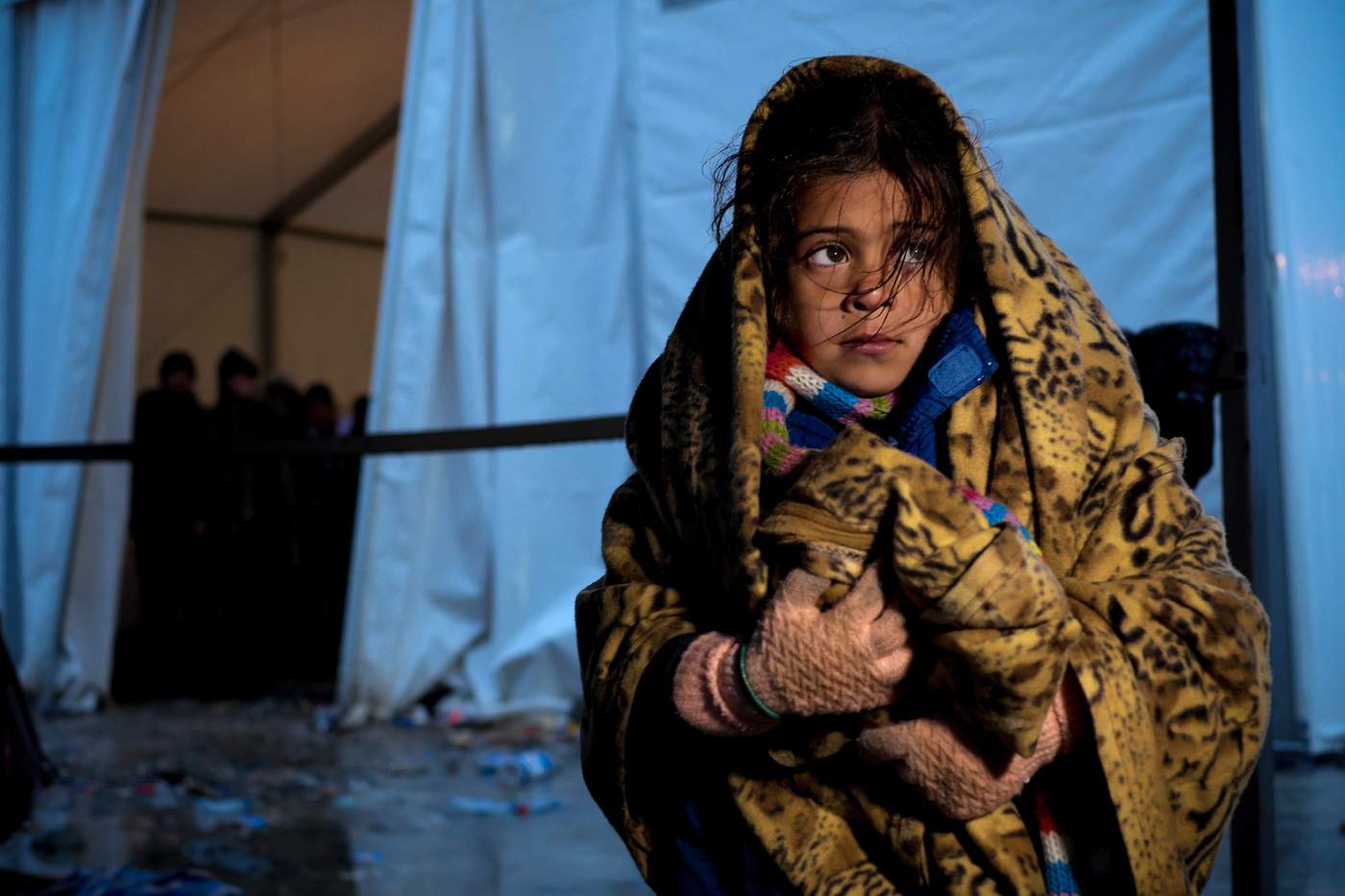
In June, as part of a long-term project examining the UK care sector, we revealed how a specialist housing company was letting down domestic violence victims and other vulnerable people. Our investigation led to the resignation of the founder and chairman of the company as well as the launching of two inquiries by the relevant local authorities.
A window at London Housing Trust's supported hostel for women near Croydon. Photo by Melanie Newman
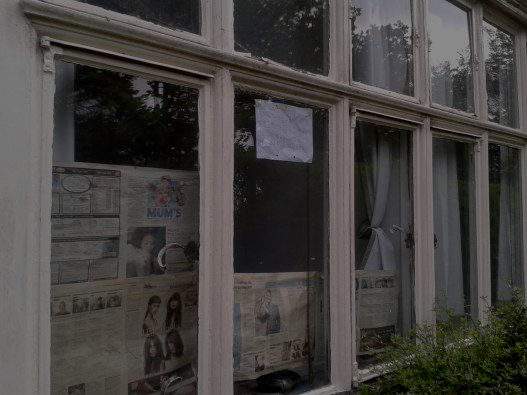
In June came a long-awaited announcement by the White House. Figures revealing the number of people killed by drone strikes were released - a move towards transparency which the US government said was a direct response to continued pressure from the Bureau and other organisations that used our data. At the same time President Barack Obama passed an unprecedented cross agency executive order
aimed at protecting civilians.
However the White House's number of civilians killed by US drone strikes - between 64 and 116 - contrasted strongly with the Bureau’s estimate, which was six times higher. We published a story with our version of the figures - data which was used widely by international media reporting on the announcement.
Photo of Deputy Defense Secretary Bob Work examining a QF-4 full scale drone in January 2016 by Virin/Department of Defense

In August we revealed how severe welfare breaches were being recorded on average six times a day in UK slaughterhouses. Reports by vets and hygiene inspectors detailed more than 4,000 instances over two years of animals being subjected to needless pain and distress - including instances of chickens being boiled alive and trucks of animals suffocating or freezing to death.
The story was picked up widely and led to calls from MPs to increase the use of CCTV cameras in UK abattoirs.
Still from footage captured during undercover investigation of abattoirs supplied by Animal Aid.
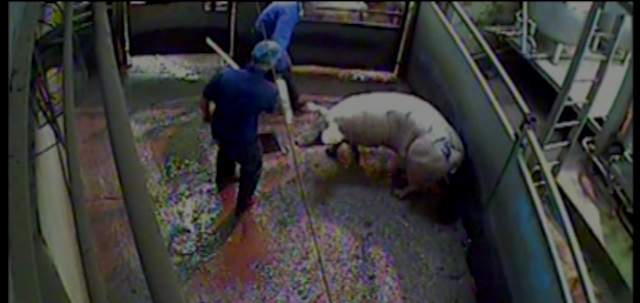
In September we launched an ongoing investigation into the sale of binary options, a huge global industry that is rife with malpractice and which police say has become the biggest fraud in the UK. Using information from an industry whistleblower we tracked down dozens of victims and revealed how regulatory loopholes have left them completely unprotected.
Subsequent stories have examined how the global network operates, from shell companies in the British Virgin Islands to call centres in Israel and Romania.
Responding to our findings Shadow City Minister Jonathan Reynolds and other MPs called for the government to take action.
Image taken from homepage of SpotOption, a company which provides the platform used by two thirds of the world's binary options websites.

In October we published a major investigation revealing how the Pentagon paid a British PR firm $500 million dollars to produce top secret propaganda during the Iraq war. Bell Pottinger’s output included short TV segments made in the style of Arabic news networks and fake al Qaeda videos which could be used to track the people who watched them, according to a former employee.
The investigation - which became the Bureau’s most read story ever - catalysed public interest in "fake news" prior to the US election and continues to be cited as discussion of information manipulation grows.
Photo of a cameraman filming a 2007 car bomb attack in Baghdad by Scott Peterson/Getty Images
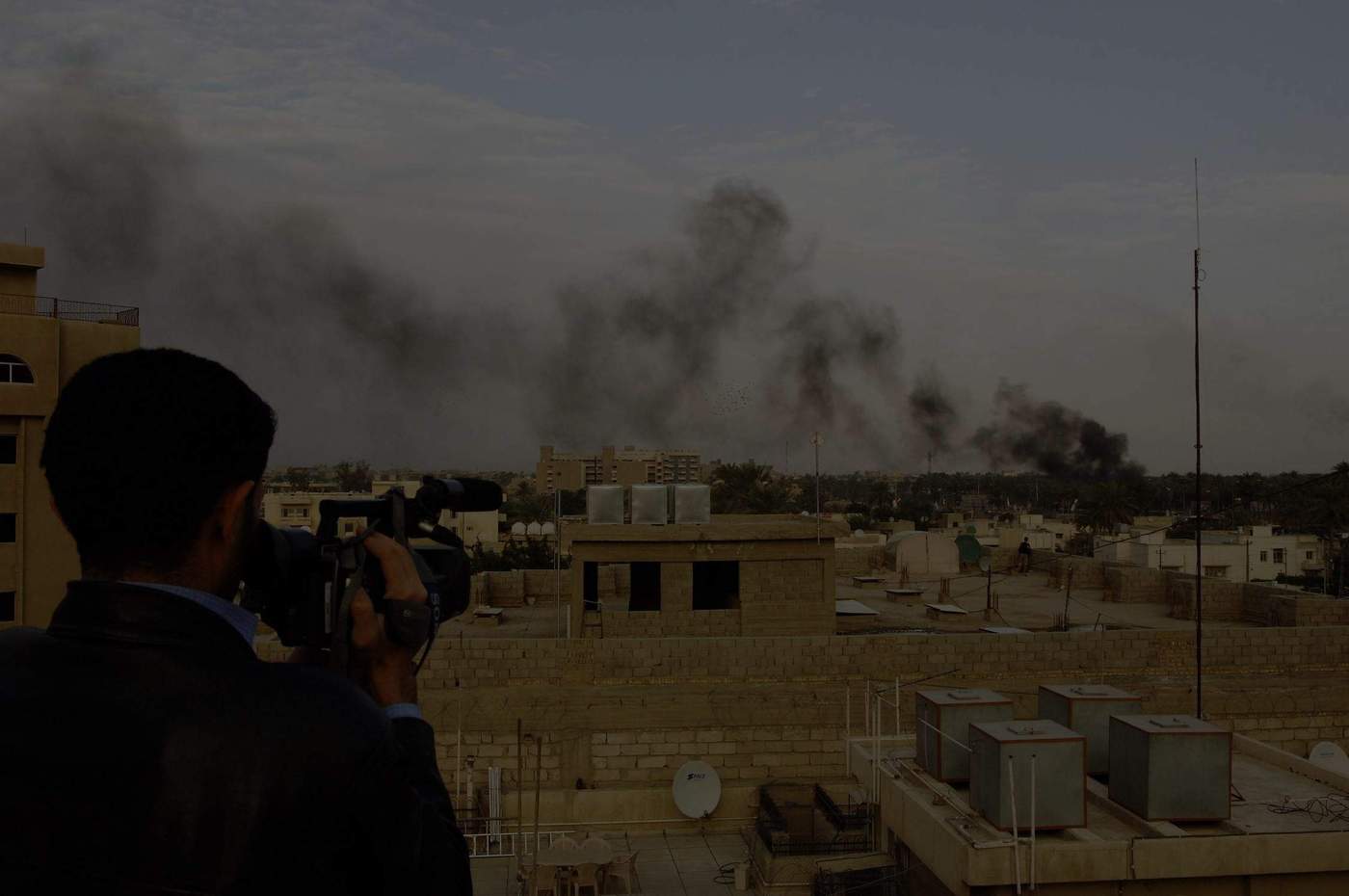
In November we revealed how the country’s four biggest housing developers and their top executives are making billions of pounds while claiming they cannot meet affordable housing targets because such targets are not economically viable.
This investigation was part of a long-running project that shed light on a secretive process that sees housebuilders systematically cut the number of affordable homes in their development schemes.
Photo of Boris Johnson and Berkeley Group’s Tony Pidgley unveiling a new pier at St George Wharf in London in 2011 by Oli Scarff/Getty
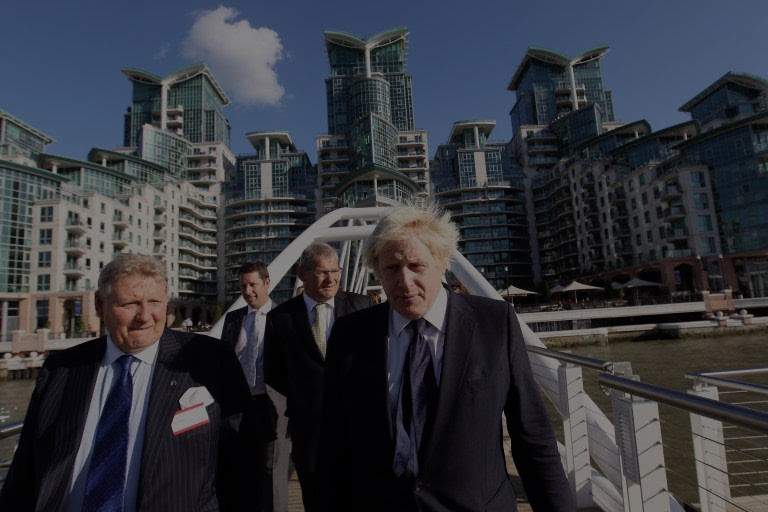
The Bureau is an independent, non-profit organisation and we rely on the generous donations of our supporters to carry out our investigations. Please support us if you can.
Follow the Bureau on Twitter: @TBIJ

